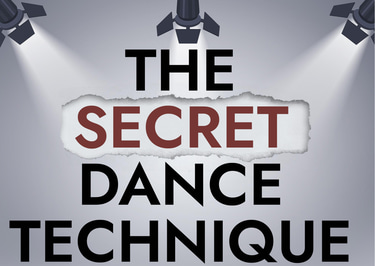Cognitive Agility and Resilience: Foundational Future Skills
Insights from the book Tomorrowmind by Gabriella Rosen Kellerman and Martin Seligman on why Mindset (resilience, optimism, self-efficacy) and Creativity (cognitive agility, innovation) are essential skills for thriving.
9/4/20251 min read


In our fast-changing world, success isn’t just about knowledge—it’s about how we think, adapt, and respond to challenges. Gabriella Rosen Kellerman and Martin Seligman, in Tomorrowmind, show that certain psychological skills are essential to thriving. Among these, cognitive agility and resilience stand out as foundational.
Cognitive agility is the ability to think flexibly and come up with new options, even under pressure. What’s exciting is that it’s a skill that can be developed—sometimes the most dramatic improvements happen for those who struggle the most. Studies show that people in the lowest quartile of cognitive agility can improve by 77% in three months with the right coaching.
Interestingly, we need cognitive agility most in moments of stress or crisis, yet fear often narrows our focus. This is why emotional regulation is key—learning to manage our emotions helps keep our thinking open and adaptable when it matters most.
Closely tied to this is resilience, which acts as the foundation for both personal and organizational success. Resilient people and teams are happier, healthier, and more effective, and workplaces with higher resilience experience 320% more year-over-year growth than those with lower resilience. The best part? Resilience is learnable. With practice, anyone can strengthen the mental “muscles” that allow them to weather challenges and bounce back stronger.
Decades of research confirm that the traits most important for resilience—optimism, self-efficacy, emotion regulation, self-compassion, and cognitive agility—aren’t fixed; they can be taught, practiced, and strengthened. At The Secret Dance Technique, these skills are brought to life through the Mindset and Creativity pillars, discussing these skills and then giving students a chance to practice resilience and cognitive flexibility through dance. Movement becomes more than just exercise—it’s a way to train the mind to think, adapt, and thrive.
By learning to move—and think—flexibly, students build the foundational mental skills that prepare them to thrive in a rapidly changing world.
For those interested in learning more, check out Tomorrowmind by Gabriella Rosen Kellerman and Martin Seligman.
Life Skills. Fun. Dance.
Dance is the secret tool—helping kids grow beyond the dance floor.
© 2025. All rights reserved.
Contact:
This program is for educational purposes only
lorenziaprilauthor@gmail.com
